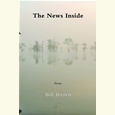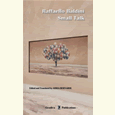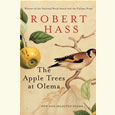The Bard of Hume-Fogg
August 26, 2010 Bill Brown has combined a lifelong vocation as a poet with a distinguished teaching career, including twenty years at Nashville’s Hume-Fogg Academic Magnet high school. He recently published his fourth collection of poems, The News Inside. He answered questions about his earliest efforts as a poet, his philosophy of teaching, and the future of poetry in the Internet age.




